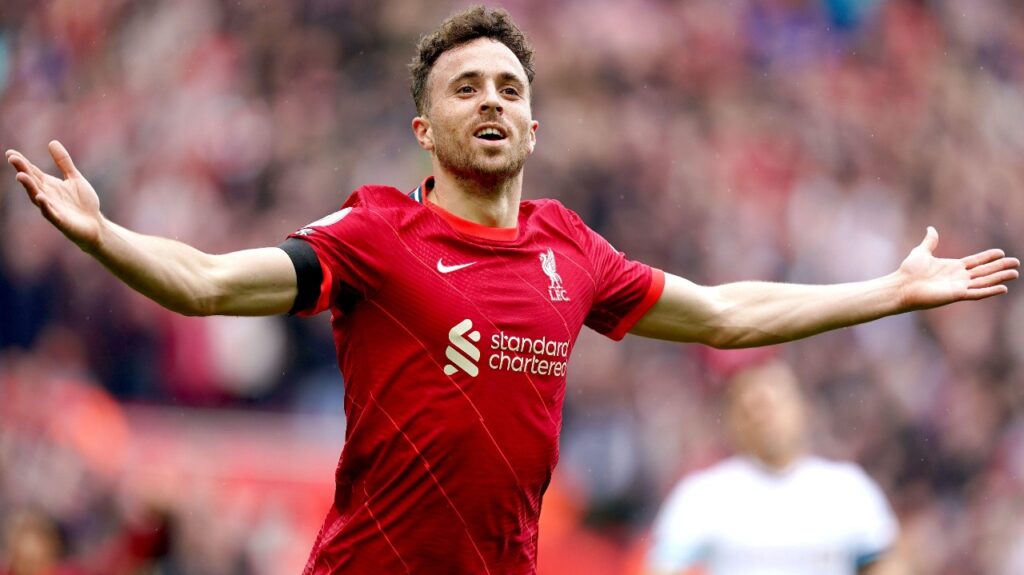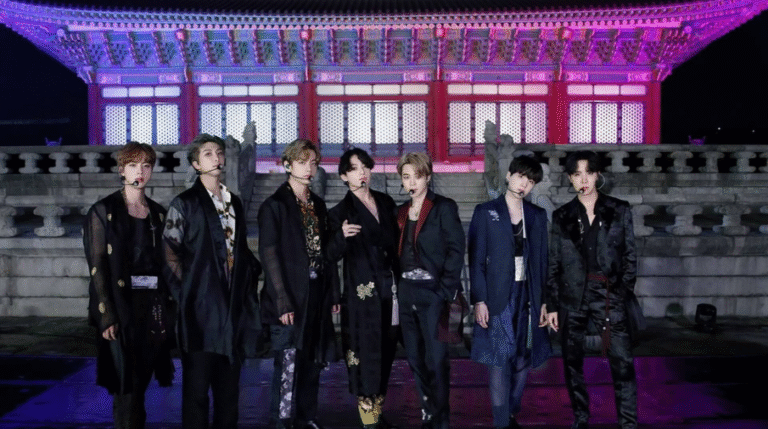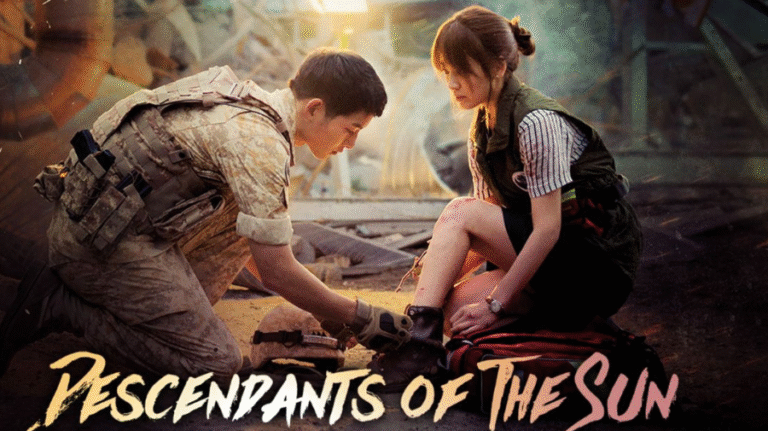Remembering Diogo Jota On and Off the Pitch

Diogo Jota didn’t need headlines to make history. He let his boots do the talking—sharp, sure, and always in the right place at the right time. Just days before the world lost him, he scored the winner in the Merseyside derby. A flash of calm in a crowded box, a low strike past Pickford, and a roar from the Kop that now lingers like a memory. It was vintage Jota—unassuming brilliance in a moment that mattered.
Then came the wedding. Sunlight, vows, and the kind of joy that feels like a beginning. Diogo and Rute, his childhood love, stood hand in hand with their three children by their side. The smiles were wide. The promises were real. It was a moment that felt like forever had finally arrived.
And then, in a twist too cruel to script, he was gone.
The crash that took Diogo and his younger brother has left the football world stunned. But what aches most isn’t just the loss of a player—it’s the loss of a man. A father who read bedtime stories between training sessions. A husband who called himself “the lucky one.” A teammate who lifted others without needing the spotlight. His story wasn’t just about goals. It was about grace. About presence. About the quiet kind of greatness that doesn’t ask to be seen but is felt long after it’s gone.
Now, it’s about the silence he leaves behind—and the love that refuses to fade.
The Final Goal
It came in the 57th minute, tucked between tension and breath. Diogo Jota didn’t erupt in celebration—he never needed to. Just a glance, a low strike past Pickford, and that quiet kind of magic only he could conjure. It was the Merseyside derby, and he had just won it for Liverpool. But no one in the stadium knew they were witnessing a goodbye.
For fans, it was everything they loved about him—sharp, instinctive, unshaken. He didn’t chase the spotlight, but it always seemed to find him when it mattered most. For his teammates, it was another reminder of his timing—on the pitch, and in life. He’d been nursing injuries, waiting for his moment. And when it came, he didn’t hesitate. He never did.
That goal wasn’t just a winner. It was a reflection—of everything that had led him there.
From the dusty pitches of Gondomar to the roaring stands of Anfield, Jota’s story was never about flash—it was about fire. He was six when he first laced up his boots, a boy with a quiet dream and parents who scraped together monthly fees so he could play. At 18, he became the youngest to score a brace in Portugal’s topflight since Cristiano Ronaldo. Atlético Madrid noticed. So did Porto. But it was at Wolves where he found his rhythm—scoring hat-tricks, earning promotion, and proving he belonged.
Then came Liverpool. Klopp called him “exceptional.” The fans called him theirs. In five seasons, he scored 65 goals, lifted the Premier League, FA Cup, and League Cup, and helped Portugal win the Nations League—twice. He wasn’t the loudest. He wasn’t the flashiest. But he was always there ghosting into space, finishing with both feet, and reminding the world that greatness doesn’t always shout.
That final goal against Everton? It wasn’t just a strike. It was a signature. A quiet exhale at the end of a sentence he’d been writing since he was a boy in Porto. A final note in a song that never needed to be loud to be unforgettable.
The Love That Followed Him Across Clubs, Countries, and a Lifetime—Until Time Ran Out
Away from the spotlight, Diogo Jota lived with a different kind of purpose. He wasn’t just building a career—he was building a life. And at the center of it was Rute Cardoso, the girl he met in a school hallway in Porto when they were just thirteen. What began as a teenage friendship became the kind of love that doesn’t need to be loud to be lasting.
They grew upside by side—through transfers, time zones, and the strange rhythm of football seasons. From Paços de Ferreira to Wolverhampton to Liverpool, Rute followed not for the fame, but for the boy she believed in. She raised their three children while Diogo chased goals. She kept the home warm while he kept the dream alive. Their life wasn’t curated—it was lived. Beach days with sand in their shoes. Airport hugs after away games. Bedtime stories in hotel rooms. Grocery runs with toddlers in tow.
On June 22, after twelve years together, they finally said “I do” in a quiet ceremony in Porto. No red carpet. Just sunlight, family, and the kind of joy that doesn’t need a filter. “My dream came true,” Rute wrote on Instagram. Diogo replied: “But I’m the lucky one.” Ten days later, that caption became a memorial. A love letter paused mid-sentence.
Now, the wedding reel they shared—once filled with laughter and promise—plays like a lullaby for a life that ended too soon. And Rute, the girl who stood beside him through every chapter, is left holding the story they wrote together.
The Echo That Remains
The news broke like a wave—sudden, disbelieving, impossible to outrun. From Liverpool to Lisbon, from Anfield’s gates to quiet living rooms across the world, the grief was instant. Fans gathered outside stadiums, laying flowers, scarves, and handwritten notes. Flags dipped. A minute’s silence fell before matches across Europe. But it was the silence that said the most.
Cristiano Ronaldo, stunned, wrote: “It doesn’t make sense. Just now we were together.” Jurgen Klopp, the man who brought Jota to Liverpool, admitted: “This is a moment where I struggle. There must be a bigger purpose. But I can’t see it.” And at Anfield, supporters stood shoulder to shoulder, singing his name—not just for the goals, but for the man who gave everything and never asked for applause.
His brother André, just 25, was also a footballer. Less known, but no less loved. They grew up chasing the same ball, dreaming the same dream. Now, they’re remembered together—in tributes, in chants, in the aching space they’ve left behind.
But legacy isn’t always loud. Sometimes, it’s a child wearing a No. 20 jersey to school. A teammate remembering a quiet word of encouragement. A fan whispering “You’ll Never Walk Alone” a little softer than before. Sometimes, it’s a wedding video that plays like a lullaby. Or a goal replayed not for the win, but for the way he smiled after.
Diogo Jota’s story didn’t end with a final goal or a final vow. It continues—in memory, in meaning, and in the quiet moments where love outlives loss.
Stay updated with the latest news on The World Times. Get all the trending City News, India News, Business News, and Sports News.



